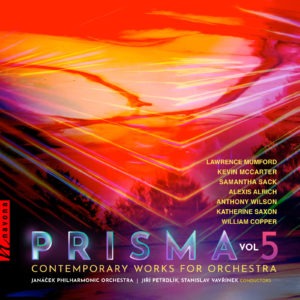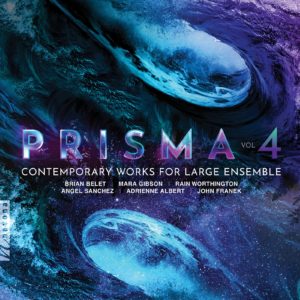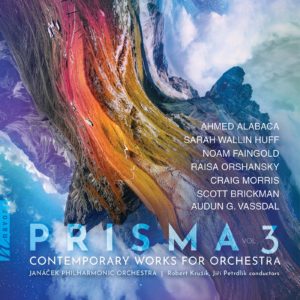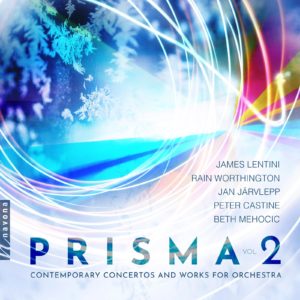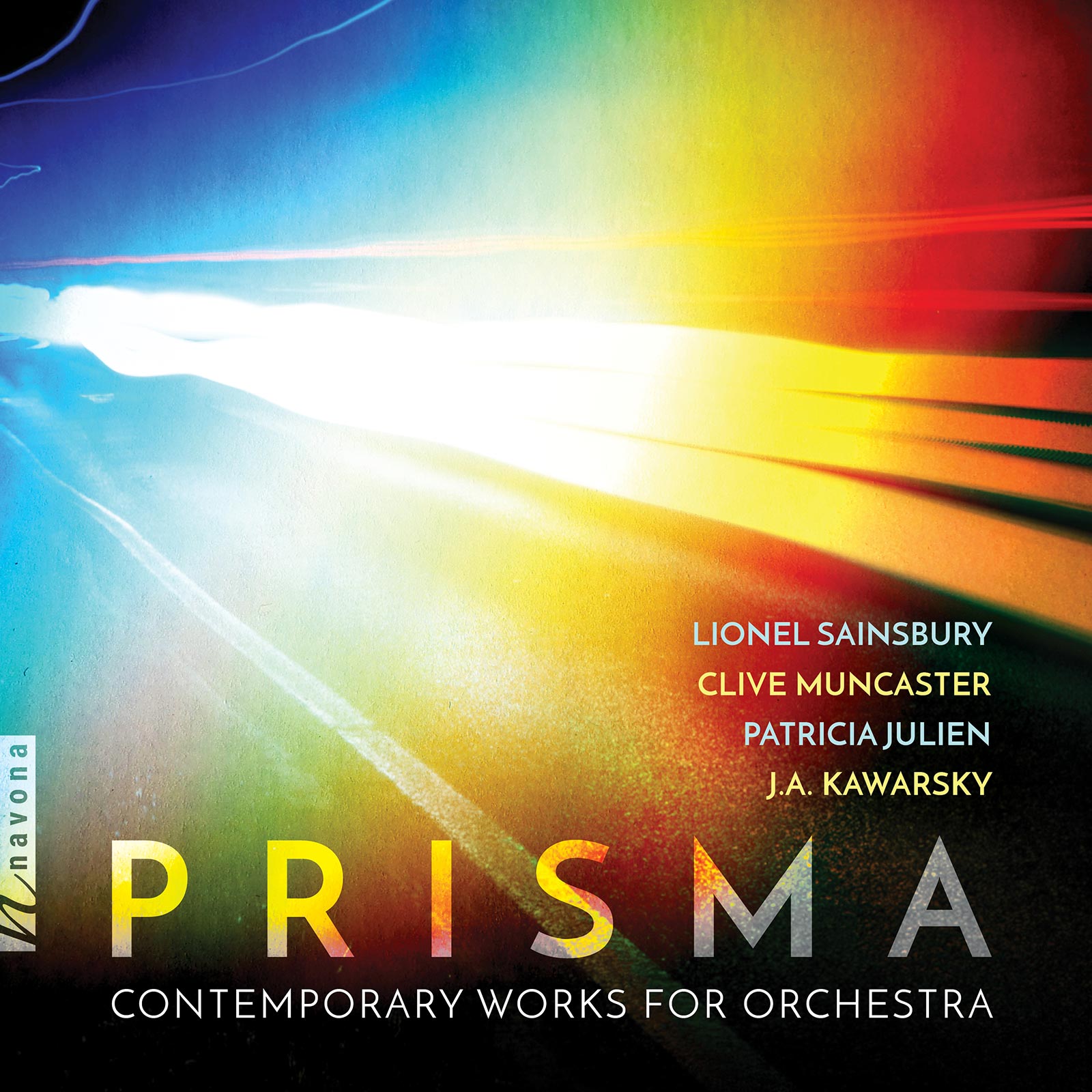
Share Album:
Prisma
Lionel Sainsbury composer
Clive Muncaster composer
Patricia Julien composer
J.A. Kawarsky composer
Navona Records is proud to present PRISMA, a compilation featuring four contemporary composers from the United States and England including Lionel Sainsbury, Clive Muncaster, Patricia Julien, and J. A. Kawarsky. PRISMA spans the spectrum of unique styles of composition, from the grandiose and triumphant to the fragile and tender. This compilation captures a journey through colorful orchestral elements in a singular listening experience that builds into a thrilling sound.
PRISMA opens with triumph in Sainsbury’s “Time of the Comet.” Written in 1997, the piece was inspired by the visual presence of the Hale-Bopp comet. Sainsbury translated his vision into a grand composition featuring a proud and virtuous introduction that transitions between allegro and slow sections concluding with prevailing optimism and possibility.
Muncaster’s “Reflective Thought Patterns” builds in arch form to its central section and then literally reflects itself in reverse order. The composition starts with brass and timpani, transitioning its melody patterns on woodwinds, marimba, vibraphone, and French horn until the piece comes together at the end echoing the opening this time with a full orchestra.
“Among the Hidden” by Patricia Julien, introduces an eerie, darker shade to the PRISMA collection. Building off a circular, three-note piano melody, the moodiness of the composition creates a stark, yet refreshing contrast to the bright, brave orchestral performance of the other composers.
Lastly, Kawarsky’s “Fastidious Notes” draws in the ear of the listener with its unusual 5/4 metrical setting. The composition, based on a reworking of the American folk-song “Goodbye Old Paint,” features a sound borrowed right from the school of 20th century American classical music. As the compilation end, the four songs touch every emotion resulting in a conclusive listener experience.
Listen
Artist Information
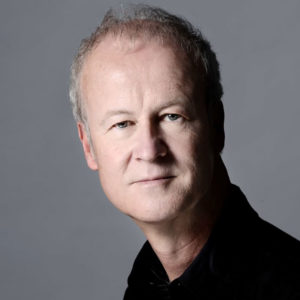
Lionel Sainsbury
Lionel Sainsbury began to play the piano at an early age and soon started to compose his own music. Born in Wiltshire, England, in 1958, he studied composition with Patric Standford at the Guildhall School of Music and Drama in London. At the age of 21 he was awarded a Mendelssohn Scholarship, which brought him into contact with composers as diverse as Edmund Rubbra, John McCabe and Henri Dutilleux.

Clive Muncaster
Clive Muncaster was born on January 24, 1936. At the young age of 15, he was accepted into the Royal Academy of Music where he studied violin, piano, composition, and conducting, and earned his Royal Academy of Music Licentiate Diploma (LRAM). In the 1960s Chandos Music published some of his compositions, which received many broadcasts in England and Germany.
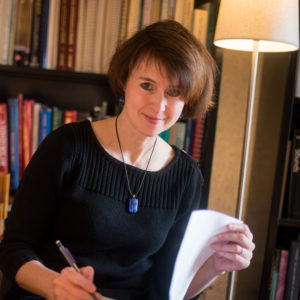
Patricia Julien
Patricia Julien writes extensively for theatrical productions, including composing the score for O, Caligula! A Mvsical. In the last ten years, she has composed the music for productions of India Song, Ostentatious Poverty, Eurydice, The Clean House, Peter Pan, The Arabian Nights, The Witches, Anna’s Journal, Winnie The Pooh, Marat/Sade, and Coracles, Castanets, Cadaques.

J.A. Kawarsky
Dr. J.A. Kawarsky (b. 1959) is Professor of Music Theory and Composition at Westminster Choir College of Rider University in Princeton in New Jersey. Kawarsky received his B.M. in composition from Iowa State University and his M.M. and D.M.A. from Northwestern University, where he studied with John Paynter, Alan Stout, and Frederick Ockwell. In 1982, Kawarsky conducted the Opera Company of the Negev Region in Be’er Sheva in Israel. Before coming to Westminster in 1989, he taught at Fort Hays State University, the University of Wisconsin, and Moraine Valley Community College.
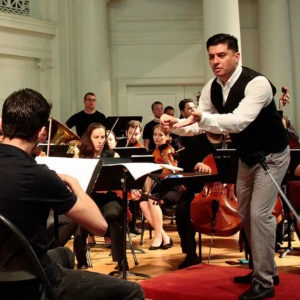
The Chicago Arts Orchestra
The Chicago Arts Orchestra was established by a group of musicians and creative artists to perform great music and to make music accessible and affordable. Comprised of professional musicians with active performance schedules in Chicago, the CAO aims to achieve its mission by providing educational opportunities for the community through the performance of historic and new orchestral music. The CAO seeks to be innovative in its programming and presentation of concerts.
